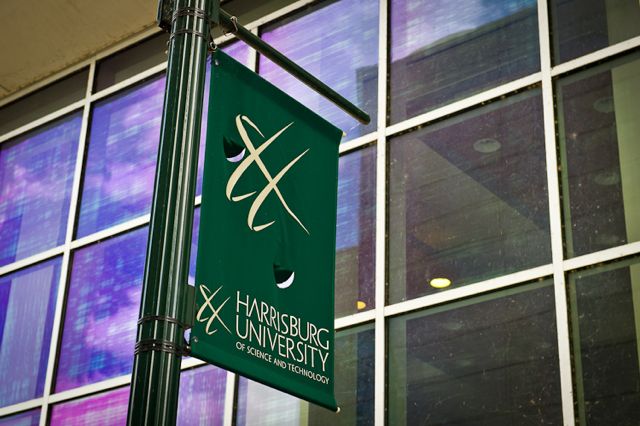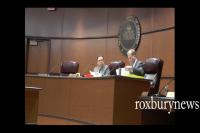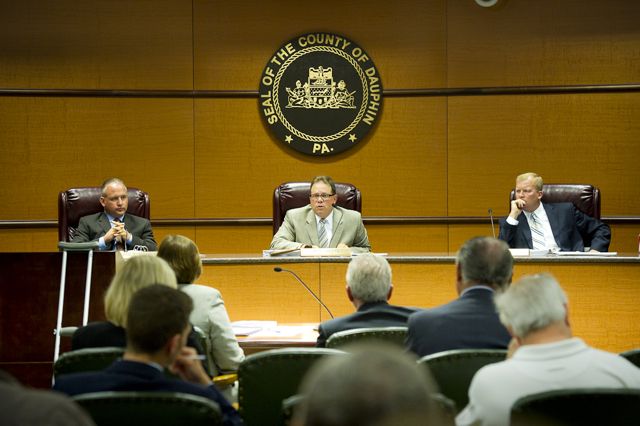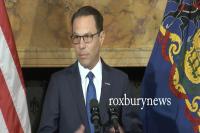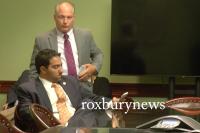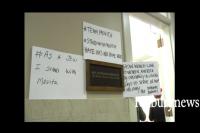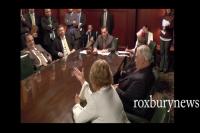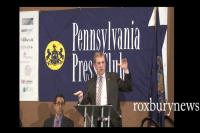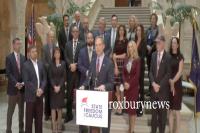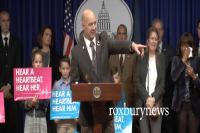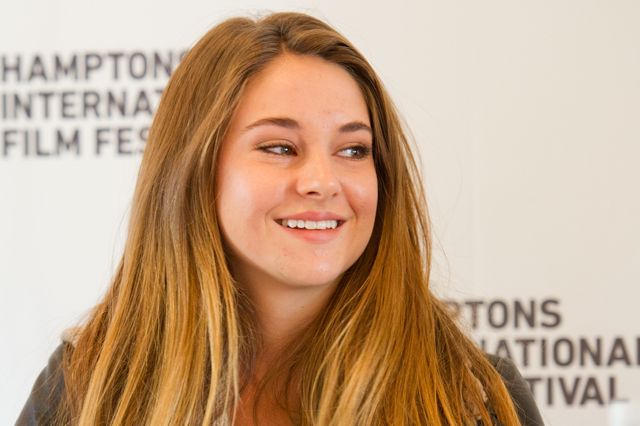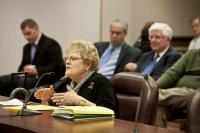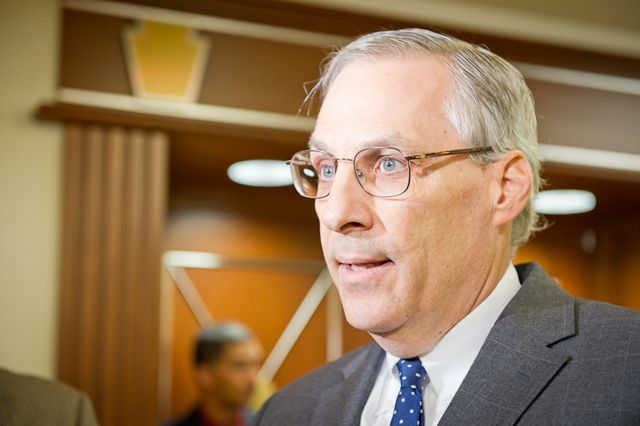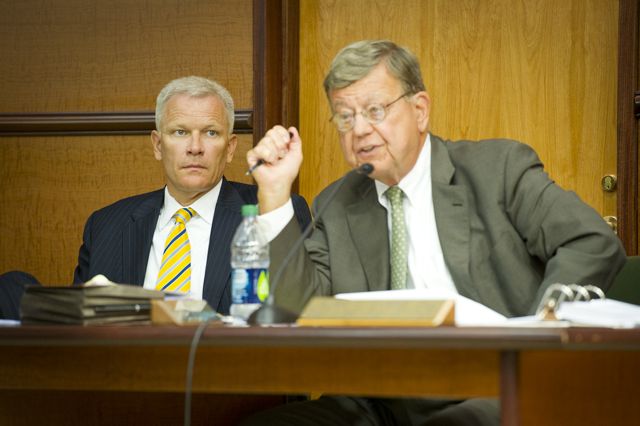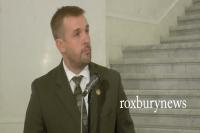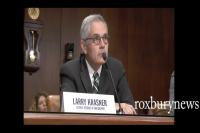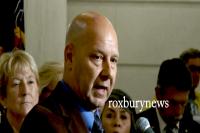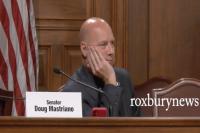As released by the Office of the Governor:
Harrisburg – After consultation with several legislative leaders, the Corbett Administration today announced the commonwealth and Camelot Global Services PA, LLC have mutually agreed to extend Camelot’s bid for the lottery private management agreement (PMA), originally set to expire Oct. 29, 2013, through the end of the calendar year.
The extension will allow the commonwealth to pursue legislative efforts to address the continued need to grow reliable revenues for programs for older Pennsylvanians.
“Older Pennsylvanians deserve every effort of my administration and the legislature to make sure they have access to the programs upon which they rely,” Corbett said. “It is our responsibility to ensure that the Lottery is positioned to grow in order to meet growing needs.”
“Today that need is outpacing our ability to pay for it. With the Legislature’s support, we can work together to set a path and plan for the future of services for older Pennsylvanians.”
“There are significant reasons to explore ways to grow the lottery and stabilize the Lottery Fund,” said Senator Dominic Pileggi. “It is our duty to make sure our mothers, fathers, neighbors and friends have the services they need and that the commonwealth has the means to pay for them.”
The commonwealth will not incur any additional cost to taxpayers by extending the bid. The costs associated with advisors counseling the commonwealth on exploration of a Lottery private management agreement do not translate to lower funding for senior programs.
Camelot’s priced bid proposes $34 billion and 20 years’ worth of Lottery profit growth, should a private management agreement for the Pennsylvania Lottery be executed. It is expected that that annual growth will generate $3 billion to $4.5 billion in new funding for senior programs over the 20-year contract term.
In April 2012, the commonwealth began the competitive procurement process to engage a private manager to run the Pennsylvania Lottery. In November, it announced Camelot as the selected vendor.
The Pennsylvania Lottery was created in 1971 to generate funds for programs benefitting older adults. Since 1972, when its first game went on sale, the Pennsylvania Lottery has contributed nearly $23.7 billion to programs that include property tax and rent rebates; free transit and reduced-fare shared rides; the low-cost prescription drug programs PACE and PACENET; long-term living services; and the 52 Area Agencies on Aging, including hundreds of full- and part-time senior centers throughout the state. The Pennsylvania Lottery remains the only U.S. Lottery that exclusively designates all proceeds to programs benefitting older residents.

